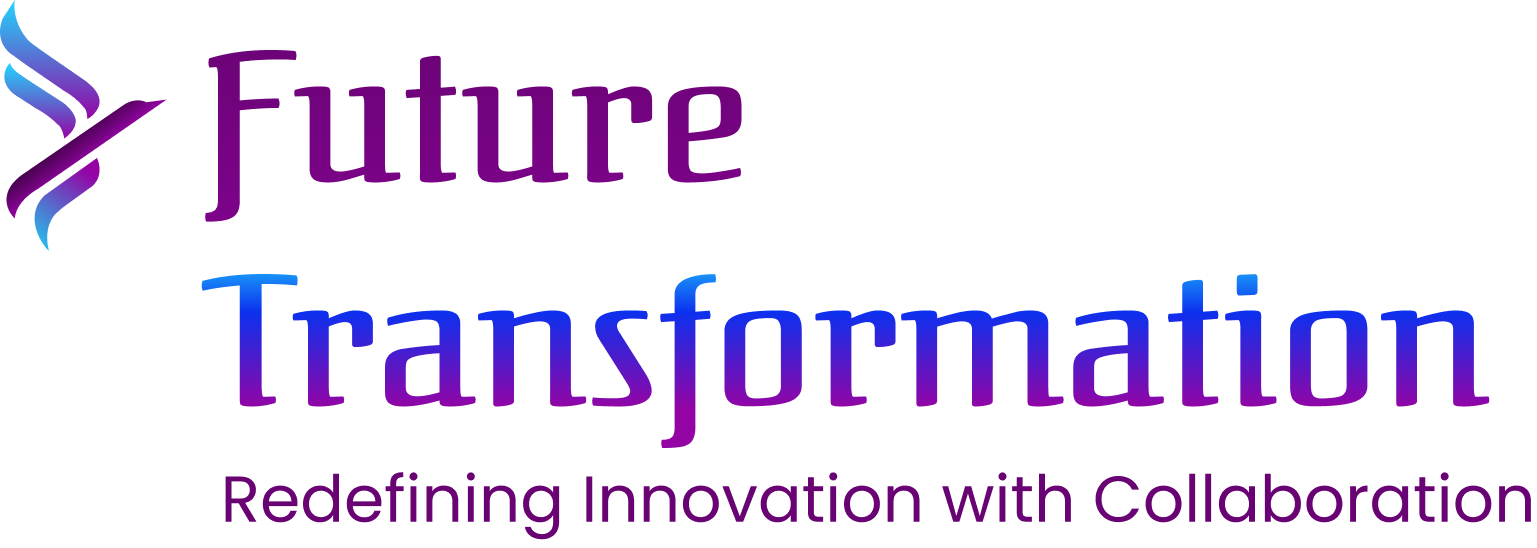
Blockchain technology offers enhanced security, transparency, and efficiency. Originally developed as the backbone of cryptocurrencies like Bitcoin, blockchain has since evolved into a versatile solution for numerous applications, including supply chain management, finance, healthcare, and governance.
According to the report from RESEARCH AND MARKETS 2025 the global blockchain market will grow with a CAGR of 58.3% increasing markets to $306 billion.
Technologies Associated with Blockchain
Blockchain technology is often integrated with other emerging innovations to enhance its capabilities.
Smart Contracts
Smart contracts are self-executing agreements with the terms of the contract directly written into code. These contracts run on blockchain networks, ensuring transparency, security, and efficiency by eliminating the need for intermediaries such as lawyers or banks. Once predefined conditions are met, the contract automatically executes transactions, reducing human error and delays.
Industries like real estate, supply chain, and insurance leverage smart contracts to streamline operations, enhance trust, and reduce costs.
Decentralized Finance (DeFi)
Decentralized Finance (DeFi) refers to a blockchain-powered financial ecosystem that eliminates traditional banking intermediaries. It provides open access to financial services, such as lending, borrowing, trading, and investing, through decentralized applications (dApps) and smart contracts.
DeFi protocols operate on networks like Ethereum and Binance Smart Chain, offering transparency, lower fees, and global accessibility.
Non-Fungible Tokens (NFTs)
Non-fungible tokens (NFTs) are unique digital assets that represent ownership of items such as digital art, music, in-game assets, and collectibles on a blockchain.
Unlike cryptocurrencies, which are interchangeable, NFTs are one-of-a-kind and cannot be replicated. They have revolutionized industries like gaming, entertainment, and real estate by enabling direct ownership and monetization of digital content.
Platforms like OpenSea, Rarible, and NBA Top Shot have played a crucial role in the adoption of NFTs, attracting artists, investors, and collectors worldwide.
Internet of Things (IoT) and Blockchain
The integration of the Internet of Things (IoT) with blockchain technology enhances the security, transparency, and traceability of connected devices. IoT devices generate massive amounts of data, which can be vulnerable to cyber threats.
Blockchain ensures that data remains immutable, tamper-proof, and verifiable. For instance, blockchain-based IoT solutions help track product authenticity in logistics and improve efficiency in energy grids.
Artificial Intelligence (AI) and Blockchain
AI processes large datasets and generates insights, while blockchain ensures data integrity, security, and decentralization.
AI-driven smart contracts can execute transactions autonomously, fraud detection can be enhanced through AI-powered blockchain analysis, and medical research can benefit from secure data-sharing mechanisms.
Blockchain-as-a-Service (BaaS)
Blockchain-as-a-Service (BaaS) is a cloud-based solution that allows businesses to implement blockchain technology without the complexity of setting up and managing blockchain infrastructure.
Leading cloud providers, such as Microsoft Azure, Amazon Web Services (AWS), and IBM Blockchain, offer BaaS platforms that enable enterprises to integrate blockchain seamlessly into their operations, improving transparency, security, and efficiency without high initial investments.
Current Trends in Blockchain Technology
Blockchain continues to evolve, driven by innovation and increasing adoption across sectors.
- Enterprise Blockchain Adoption – Large corporations are integrating blockchain for supply chain management, identity verification, and secure transactions.
- Central Bank Digital Currencies (CBDCs) – Governments worldwide are exploring blockchain-based digital currencies to modernize financial systems.
- Interoperability Solutions – Enhanced connectivity between different blockchain networks for seamless data exchange.
- Regulatory Advancements – Governments and regulatory bodies are developing clearer frameworks for blockchain and cryptocurrency usage.
- Green Blockchain Initiatives – Efforts to make blockchain more energy-efficient, reducing its environmental impact.
Key Security and Privacy Features in Blockchain
A Survey on Block-Chain Technology Security and Privacy identifies several fundamental security and privacy attributes crucial for blockchain systems:
Core Security and Privacy Attributes
- Immutability: Ensures that once data is recorded on the blockchain, it cannot be altered or deleted.
- Decentralization: Eliminates the need for a central authority, distributing control across the network.
- Transparency: Allows all participants to view transactions, promoting trust and accountability.
- Anonymity and Pseudonymity: Protects user identities through cryptographic techniques, while still enabling transaction verification.
Techniques for Enhancing Security and Privacy
This survey discusses various methods and protocols designed to bolster blockchain security and privacy:
- Consensus Algorithms: Mechanisms like Proof of Work (PoW) and Proof of Stake (PoS) ensure agreement on the blockchain’s state among distributed nodes.
- Hash-Chained Storage: Links blocks using cryptographic hashes, maintaining the integrity of the blockchain.
- Mixing Protocols: Obfuscate transaction trails to enhance user privacy.
- Anonymous Signatures: Techniques such as ring signatures allow for transaction validation without revealing user identities.
- Non-Interactive Zero-Knowledge Proofs (NIZKPs): Enable one party to prove knowledge of a value without revealing the value itself, enhancing privacy.
Importance of Blockchain
Blockchain technology holds immense significance due to its unique attributes.
- Decentralization – Eliminates the need for central authorities, reducing single points of failure.
- Transparency and Security – Immutable ledgers ensure data integrity and prevent unauthorized alterations.
- Efficiency and Cost Reduction – Automating processes and removing intermediaries lowers transaction costs and enhances speed.
- Enhanced Trust – Blockchain’s transparency fosters trust among users, especially in financial transactions and supply chain management.
- Data Ownership and Privacy – Individuals and businesses can control their digital identities and secure sensitive information.
Risks and Challenges of Blockchain
Despite its advantages, blockchain faces several challenges and risks, including:
- Scalability Issues – Processing large volumes of transactions can be slow and expensive.
- Regulatory Uncertainty – Varying regulations across regions create challenges for businesses and investors.
- Security Concerns – While blockchain itself is secure, vulnerabilities exist in associated applications and smart contracts.
- Environmental Impact – High energy consumption, particularly in proof-of-work (PoW) blockchains, raises sustainability concerns.
- Adoption Barriers – Businesses and governments may struggle with integrating blockchain due to technical complexities and resistance to change.
The Road Ahead: Future Prospects of Blockchain Technology
Blockchain’s future looks promising, with its integration with technologies like AI, IoT, and cloud computing enhancing its impact. As the market is expected to reach $306 billion by 2025, scalability solutions, regulatory clarity, and eco-friendly consensus mechanisms will drive broader adoption.
Blockchain’s decentralized nature will continue to transform trust, governance, and value exchange, shaping more transparent, secure, and efficient systems across industries. Embracing this technology now prepares us for the decentralized future ahead.
Source
- https://www.globenewswire.com/news-release/2025/02/06/3022314/28124/en/FinTech-Blockchain-Global-Industry-Report-2025-Decentralized-Finance-DeFi-to-Bridge-the-Huge-SME-Financing-Gap-to-Boost-Blockchain-Adoption.html
- https://www.globenewswire.com/news-release/2025/03/05/3037648/0/en/Blockchain-Technology-Market-Outlook-2025-2030-with-Blockchain-Market-Case-Studies-for-Honeywell-Aerospace-SGX-Zug-Digital-ING-Group-and-more.html#:~:text=The%20report%20includes%20detailed%20forecasts,42%25%20of%20the%20total%20market
- https://www.investopedia.com/terms/b/blockchain.asp


